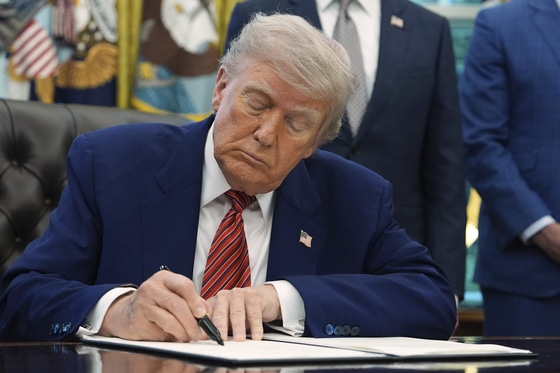Trade deal could open U.S. market for Korean nuclear industry
Korea Eyes U.S. Nuclear Market with $200 Billion Fund

Korea’s nuclear industry is poised for significant growth following the inclusion of nuclear energy in a $200 billion strategic investment fund established during recent trade negotiations with the United States. This development, confirmed by government officials, aims to bolster key sectors where Korean companies excel, including nuclear power, chips, and biopharmaceuticals. The fund’s creation signals a promising opportunity for domestic nuclear firms to expand into the U.S. market.
Strategic Investment Fund and Industry Potential
The strategic investment fund was agreed upon during the Korea-U.S. tariff negotiations that concluded on July 30. The Korean government is committed to supporting industries where domestic companies hold a competitive advantage. The Korea Atomic Industrial Forum welcomed the inclusion of the nuclear sector, highlighting it as a pivotal moment for local firms aiming to penetrate the U.S. market. This forum comprises 511 organizations from various sectors, including major players like Korea Hydro & Nuclear Power (KHNP) and Korea Electric Power Corporation (Kepco).
Industry experts are optimistic about the U.S. nuclear market’s potential. In May, President Donald Trump signed an executive order to increase U.S. nuclear power generation capacity from 97 gigawatts to 400 gigawatts by 2050, necessitating the construction of approximately 300 new reactors. The initial phase of this ambitious plan includes building ten large reactors by 2030, with an estimated cost of $75 billion. Westinghouse Electric Company is expected to spearhead these projects, although analysts caution that its construction capabilities have diminished since the downturn following the 1979 Three Mile Island incident.
Given Westinghouse’s reduced capacity, industry insiders believe that Korean firms, known for their technological expertise and cost-effectiveness, can play a crucial role in fulfilling U.S. nuclear ambitions. Collaborative efforts between Korean companies and Westinghouse have been ongoing, and a framework called “Team KORUS” was established to enhance this partnership under the previous administration.
Challenges and Future Discussions
Despite the optimistic outlook, challenges remain regarding the fund’s management. The U.S. will control the allocation of the $200 billion, raising questions about how investments will be distributed. Korean officials have emphasized the need for the fund to focus on sectors where both countries can benefit, particularly in counterbalancing China’s influence in the global market.
Nuclear power could revolutionise yacht operations as industry seeks low carbon future
Trade Minister Kim Jung-kwan recently held discussions with representatives from various sectors, including shipbuilding and automotive, to strategize on U.S. trade policies. He assured that Korea has secured competitive conditions in negotiations compared to other major economies and pledged to continue expanding opportunities for Korean firms in strategic industries.
In light of recent legislative proposals that have raised concerns among businesses, Kim announced the formation of a new team within the Ministry of Trade, Industry and Energy to address issues affecting the business environment. This initiative aims to foster public-private cooperation and minimize the impact of tariffs on Korean industries.
